Courts of constitutional proceedings in the world have existed for more than eight decades. They appeared in the Russian Federation only in 1990, when in December a congress of people's deputies was organized. From that moment, a system of constitutional justice was established, which is developing to this day. Constitutional proceedings in the Russian Federation are represented by courts in different regions, republics, including the Sverdlovsk Statutory Court. The constitutional court in the Russian Federation in Ossetia-Alania received a unique name - here a committee was created that was responsible for constitutional oversight.
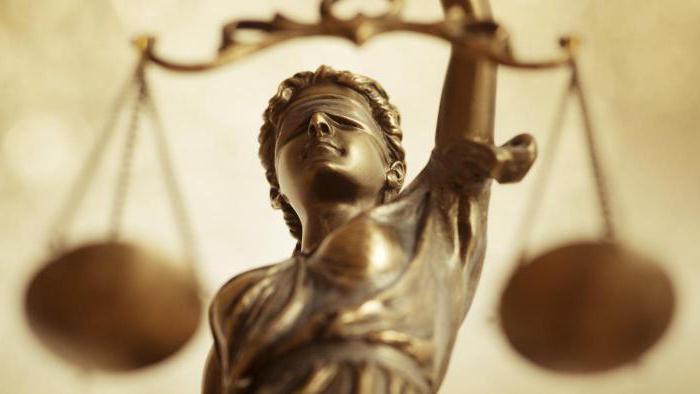
general information
The Constitutional Court of the Russian Federation is such an institution that is necessary for any modern legal state, which involves the separation of powers. The main idea for which such a court is created is to ensure justice and the rule of law in society.
It is impossible to imagine that the stages of constitutional proceedings were respected in a totalitarian state. Of course, there can create instances with a similar name, but without observing the essence. In former times, bodies of constitutional legal proceedings were only in those countries where the rule of a single party was established subject to the differentiation of different types of power. The greatest prospects for constitutional legal proceedings are ensured by general democratic legal values.
How and why?
Why, in principle, is a court of this instance created? The main idea is to protect the Constitution and civil rights, to ensure the inviolability of the law and the punishment of those who violate it.
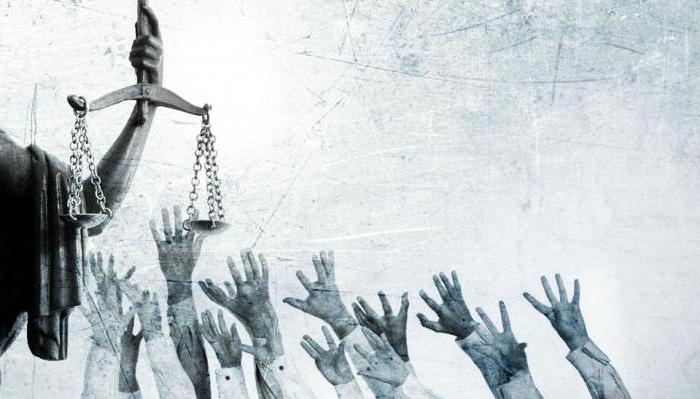
The creation of courts of this instance is evidence of the country's growth and the legal enrichment of society. This makes the power of the courts stronger and gives additional guarantees of the protection of rights to legal entities and individuals, ordinary citizens of the country. The concept of constitutional proceedings, when embodied in a real court, creates a powerful foundation for the statehood of the Russian Federation, when the Constitution becomes a really working legal document.
New laws and regulations
In Russia, the principles of constitutional proceedings have been reviewed several times. First, a law was passed in 1993, a year later - another. These two normative acts ensured the status of the Constitution, the activities designed to protect its courts.
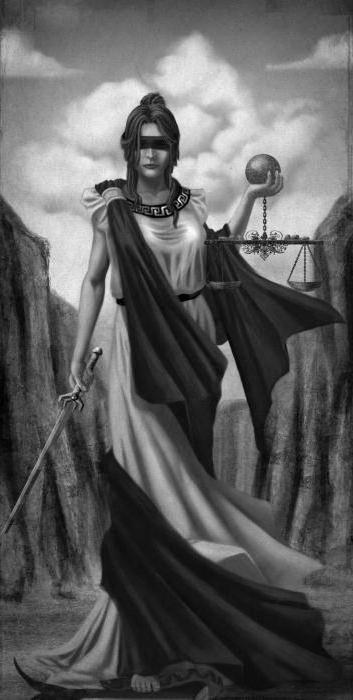
It only became possible to do this in 1995, when the Federation Council approved some projects that supplemented and amended existing laws. Important legal foundations were established by the seventh chapter of the Constitution, dedicated to the judiciary. It actually laid down the principles of constitutional proceedings. This document focuses on the fact that the Constitutional Court is one of the elements of the current judicial system, but is more than a simple court. It is entrusted with the powers to ensure a balance of power, compliance with the Constitution, therefore it is the highest level in the hierarchy of power, located on the same level with the president, executive, legislative bodies.
Opportunities and rights
Features of constitutional proceedings are determined by its isolated position. The point is that only this court is to some extent close to the competence of the president, government and the Federal Assembly, since its competences, like those of the highest bodies, are spelled out directly in the Constitution.
Already in the Constitution it is declared that this type of court has special powers.It also describes the legal consequences of court decisions, their legal force. The special status of constitutional proceedings is established for the situation when the president takes the oath: the judges of this court must be present in this solemn situation.
Status, authority
Constitutional legal proceedings are extremely important for state authorities, as they guarantee: the authorities act in accordance with applicable standards. The Federal Law on Constitutional Courts describes the norms and principles of this body. Here, attention is paid to various aspects: procedural, organizational, material.
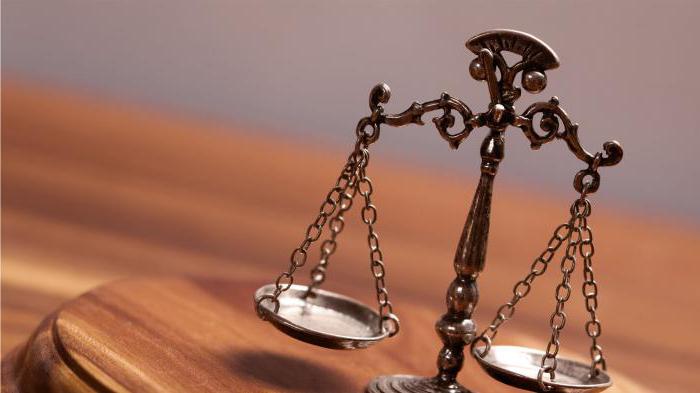
The powers peculiar to the courts of this instance are prescribed in the Constitution, Federal Law, and special agreements. The law regulates that the proceedings in this instance are independent, having the same properties as other types of courts - arbitration, civil courts, criminal proceedings.
Courts, rules and regulations
The basic rules that subordinate constitutional proceedings are spelled out in the Constitution and the corresponding federal law. There is the concept of “regulation” associated with the following problem: the Constitutional Court should be an independent instance, but its activity (in theory) should be regulated by applicable law. Particularly complex is the issue of regulation in relation to the internal activities of this judicial body. To solve the problem, a regulation was introduced that completely structured and described the internal activities of the court.
Why is it impossible to bind the Constitutional Court with strict rules of the law? The answer is simple: this is the specifics of the court. That is, this court considers rather specific cases, and it is impossible to predict all those situations that arise during the work process. Therefore, it is impossible to name the rigid framework of activity in advance, otherwise the authority will cease to be effective.
Regulations: features
The Rules are written in the Federal Law on the Constitutional Court. In the fourth part of the third article, the right to a special regulation declaring the particularities of the internal activities of the court is declared, and the subject of the Regulation is clearly described in article 28.
From the point of view of law as a science, the peculiarity of the Regulation is that it is adopted directly by the court, and not by the legislative authority, and perhaps this is only thanks to the powers delegated through the Federal Law and the Constitution. The regulation is a normative legal act binding on all participants without exception (for example, a lawyer in constitutional proceedings is required to observe it to the same extent as a judge).
Constitutional proceedings: types
All types of case management in the Constitutional Court are recorded in the Federal Law governing the activities of the court. In total, seven types of activities associated with the seven types of disputes studied are identified:
- compliance of normative legal acts, agreements concluded at the state level with the current norms of the Constitution;
- compliance of contracts concluded by authorized officials on behalf of the state with other states to the norms of the Constitution;
- competency disputes;
- violation of rights, freedoms declared by the Constitution;
- verification of laws initiated by other jurisdictions for compliance with the Constitution;
- Interpretation of the chapters of the current Constitution;
- charges of treason to the president (as well as other similar serious crimes).
Court: what, how and what about
The Constitutional Court is such a judicial body, which has independence, autonomy, and implements power through clerical work. The main goal of such a court is to protect the foundations of the current system, citizens, their rights and freedoms guaranteed by the Constitution.Moreover, the court works in such a way as to guarantee that the Constitution governs society.
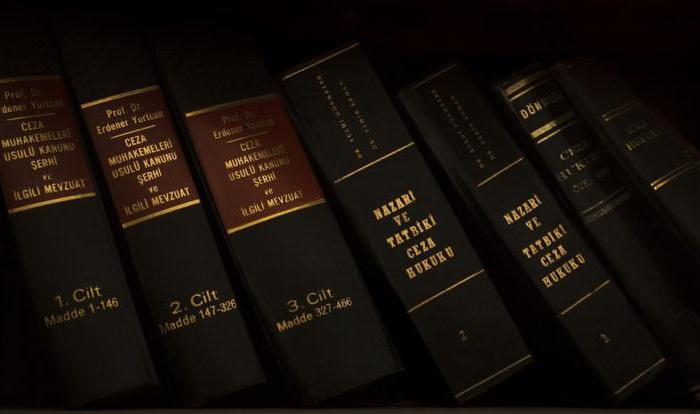
The Constitutional Court represents the highest position in the hierarchy of the judicial system of our country. This is the last resort where you can turn, and it becomes more active when another powerful, judicial system does not cope with the conflict. Decisions of this instance are called upon to declare the constitutional field. The work of judges is based on already known information, but with a lack of precedents, judges conduct analytical, research, scientific work (in the field of jurisprudence), which makes it possible to make a fair determination that is consistent with the spirit of the Constitution of the Russian Federation. There are 19 judges in total, among them are doctors of law, honored scientists and candidates of sciences.
Laws and regulations
Checking the law for compliance with constitutional norms is not an easy task. Only truly highly qualified specialists who are guided by legal intricacies can cope with this. For this reason, the Constitution paid attention to the creation of a special authority responsible for this issue and working collectively.
The Constitutional Court shall work independently, together with the board, adhering to the language established in the judicial proceedings, comprehensively studying the aspects of the case. The proceedings must be oral, and the conduct of the case must be made public. Court hearings of the Constitutional Court are established by law: continuous, adversarial, giving the parties equal rights.
Legal proceedings: a principled approach
Judicial proceedings in the Constitutional Court are one of the types of court proceedings practiced in our state. In the second part of the 118th article of the Constitution, it is explicitly pointed out the need for constitutional clerical work in the country on an equal basis with the others. The principles of the activity of such courts in general outline the principles of other types of judicial proceedings. This means that judges must respect independence and impartiality, provide the parties with the opportunity to compete in equal conditions, and the case itself must be accessible to the public.
Legal proceedings: independence
In fairness, this principle is always mentioned first. The fact is that judges must, in making decisions, follow the norms of the Constitution and the Federal Law on this type of court. Judges work on their own, that is, they do not represent the authorities, bodies, organizations, firms or communities. They cannot defend the interests of a certain group of persons - a religious, political force, territorial association. Judges cannot be biased towards a certain nation, a group of people united by another attribute.
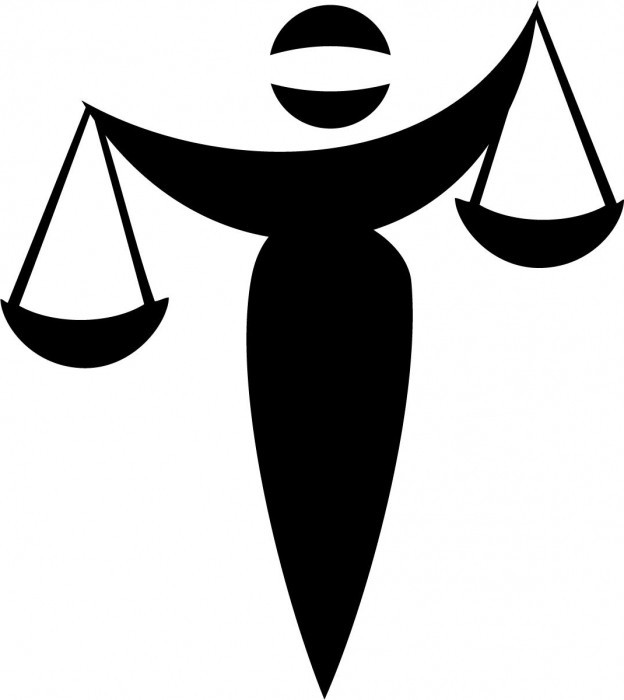
When making a decision, judges must provide maximum protection from any external influence and express their will freely. It is unacceptable for judges to be indicated (and they cannot ask for such instructions), it is forbidden by law to interfere in the activities of the court. Violation of this rule entails liability under the law.
Legal proceedings: collegiality
This principle regulates that the consideration of any situation and the decision on it should come from the board, while only those people who were previously involved in the consideration of the conflict situation can participate in the formation of the final conclusion. The court has the right to make decisions in the plenary session. Condition - 2/3 of the total number of judges. If a chamber meeting is organized, then 3/4 of the judges must be present to make a decision. When calculating the quorum, they do not take into account persons who are suspended from the case, as well as those whose powers are temporarily suspended.
The collegiality aspect is regulated by Article 72 of the Federal Law, which states that the way to present the results of the case under consideration is an open vote. Judges are interviewed each in turn with a name.The priority list chair is the last. The decision will be made, for which the majority of participants voted. However, a different approach is possible if it is specified in the law, that is, a special case is considered. There is a chance that the votes will be divided exactly in half. Then it is considered that the decision is in favor of the law in question, the norm. But if the interpretation of the Constitution is being considered, then a decision will be made if 2/3 of the participants or more speak in favor of it. According to the law, it is unacceptable to refrain from expressing one’s opinion, to evade.
Legal proceedings: publicity
This principle is common to legal proceedings in the country as a whole. Regarding the Constitutional Court, it is expressed in the openness of the meetings organized. An exception is situations directly specified in the Federal Law. For example, from the 54th article it follows that all those who are present at the event can record what is happening while they are in their place. True, not by any methods: in order to shoot video, photos, broadcast what is happening on the radio or television, you need to get permission.
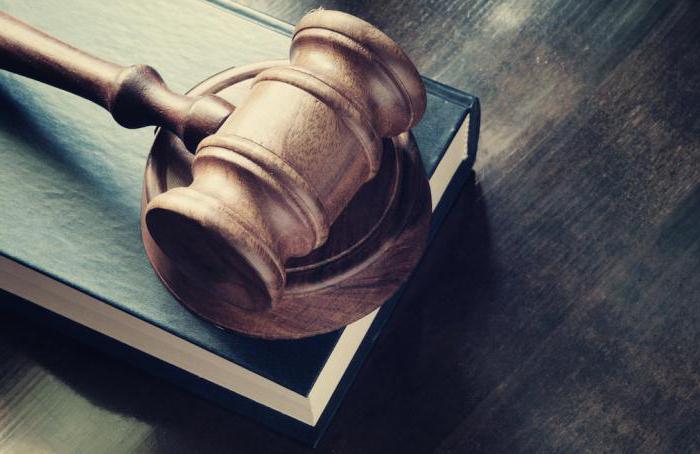
In some cases, the court may schedule a private hearing. This happens when it is important to keep a secret so that participants are safe. They can also choose to hold a closed meeting if they consider that what is happening at it can harm public morality. In this case, only judges, parties, representatives can be present at the event. The chairman shall coordinate with the judges permission to be in the courtroom of the staff of the secretariat, other persons involved in the process. However, the cases considered behind closed doors are resolved taking into account all the same rules of office work, as in an open meeting.
Other aspects
Orality assumes that all proceedings take place during negotiations out loud. The parties are explained, the experts and witnesses testify, the persons holding the documentation on the case publicize its contents, and the judges listen. The documentation issued to the judges for review, as well as the one whose content was announced earlier, is not required for the presentation.
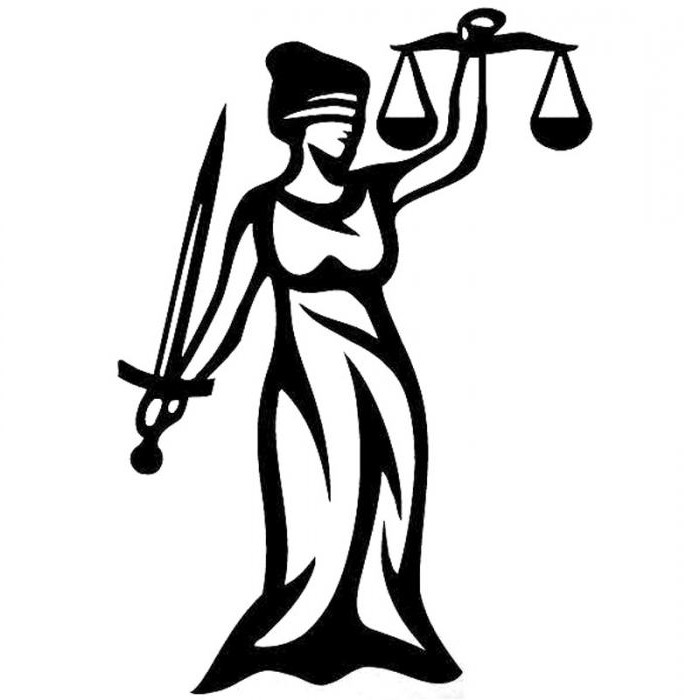
Continuity means that each meeting is a one-piece event, suspended only for a short rest and time intervals allotted to the parties to prepare for a speech. It is also permissible to take breaks to eliminate circumstances that do not allow a normal meeting.